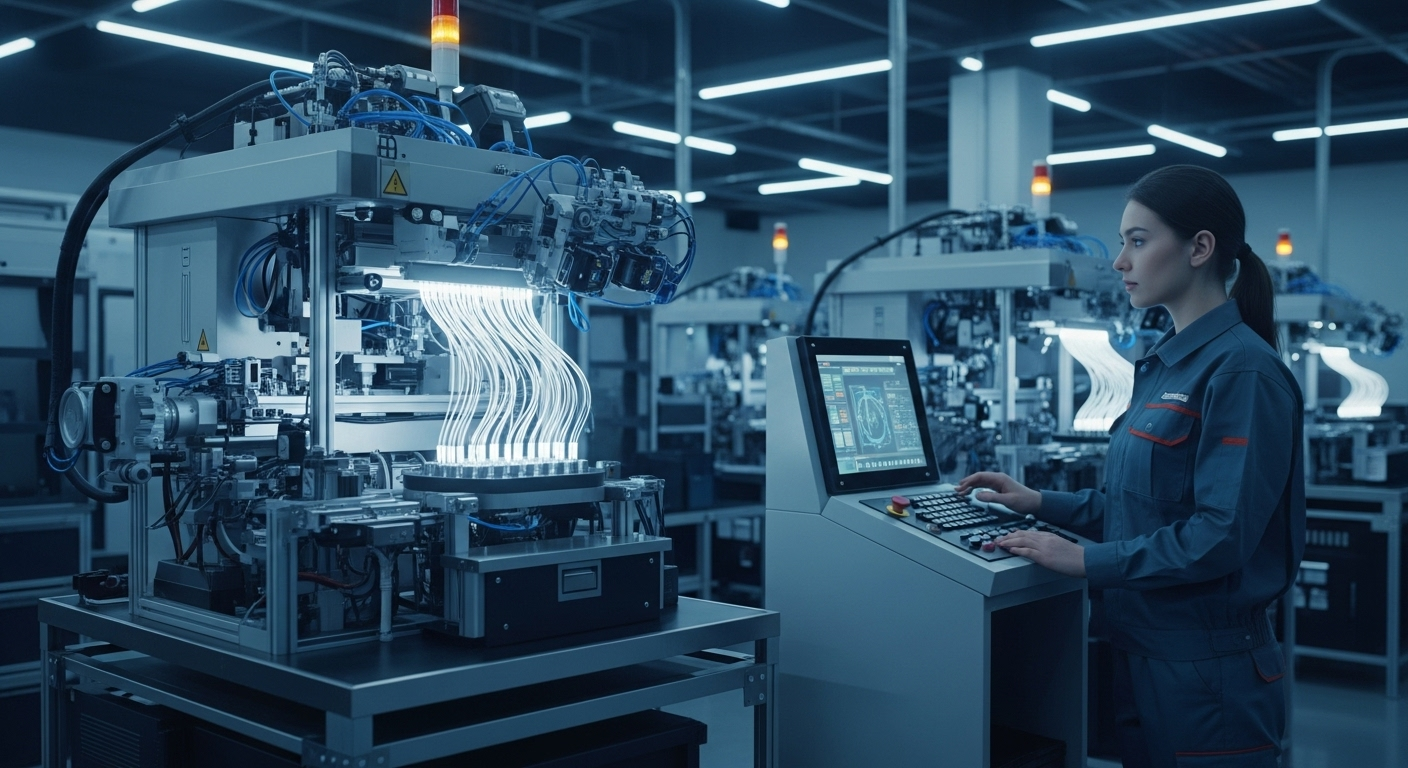Work in Factories – Structured Production Roles Across Japan
Employment in factories covers a variety of responsibilities, from machine operation to quality checking and materials handling. Roles are generally task-based, with clear routines and supervision. Many factories provide guidance for new workers, helping them adjust to production tasks.

Common Responsibilities in Manufacturing and Assembly Processes
Factory workers in Japan typically engage in a range of production-related tasks depending on their specific role and industry. Assembly line workers often handle component fitting, product assembly, and basic quality inspections according to standardized procedures. Machine operators maintain and monitor automated equipment, adjusting settings and troubleshooting basic issues. Packaging staff prepare finished goods for shipping, including wrapping, labeling, and organizing products for distribution. Material handlers manage inventory flow, transporting components between workstations and ensuring production lines remain supplied. Quality control personnel conduct inspections at various stages of production, checking for defects and ensuring adherence to specifications.
Skills Useful for Repetitive Tasks and Maintaining Accuracy
Success in factory environments requires specific abilities that support consistent performance. Attention to detail proves essential for spotting irregularities in products or processes that could affect quality. Manual dexterity enables workers to handle small components precisely and operate machinery efficiently. Physical stamina helps employees maintain performance during shifts that often involve standing for extended periods. Time management skills allow workers to meet production targets while maintaining quality standards. Adaptability enables employees to adjust to changing production schedules or process modifications. Basic technical understanding helps workers comprehend mechanical systems, follow technical instructions, and recognize when machines require maintenance or adjustment.
Examples of Sectors Where Factory Jobs are Offered in Japan
Japan’s manufacturing sector spans numerous industries with distinct production requirements. The automotive industry remains a major employer, with manufacturers like Toyota, Honda, and Nissan maintaining extensive production facilities throughout the country. Electronics manufacturing provides positions assembling components for devices ranging from consumer electronics to sophisticated industrial equipment. Food processing facilities employ workers involved in preparing, packaging, and quality-checking food products according to strict hygiene standards. Pharmaceutical production offers roles in controlled environments that require adherence to precise protocols. Textiles and apparel manufacturing continues to operate in specialized areas, particularly for high-quality domestic products. Machinery and equipment manufacturing employs workers constructing industrial equipment, robotics, and precision instruments.
Safety Procedures Followed by Factory Workers
Safety protocols form a fundamental aspect of factory operations in Japan. Personal protective equipment (PPE) requirements vary by facility but commonly include items like safety glasses, gloves, ear protection, and appropriate footwear. Emergency response training typically covers evacuation procedures, fire safety, and first aid basics. Machine operation safety includes procedures for proper startup, shutdown, and lockout/tagout processes during maintenance. Hazardous materials handling follows strict guidelines regarding storage, usage, and disposal of potentially dangerous substances. Regular safety drills and refresher training help maintain awareness and preparedness among all employees. Incident reporting systems ensure that any accidents or near-misses are documented and addressed to prevent recurrence.
Steps to Apply for Factory Positions in Japan
The application process for factory positions follows several typical stages. Job searches often begin with online platforms like Indeed Japan, Daijob, and Hello Work (the government employment service), as well as company websites that list openings. Resume preparation should emphasize relevant experience, technical skills, and previous manufacturing roles, with documents formatted according to Japanese conventions when applying to local companies. Language requirements vary by position, with some multinational companies accepting English-speaking applicants while others require basic or fluent Japanese language skills. Interview processes typically involve discussions of technical abilities, work history, and availability for shift schedules. Work visa considerations are important for non-Japanese applicants, as proper documentation must be secured before beginning employment.
Factory work in Japan represents a structured employment option with clear responsibilities and expectations. While positions may involve repetitive tasks, they also offer stability, the opportunity to develop specialized skills, and in some sectors, pathways to advanced roles. The diversity of manufacturing industries means various work environments are available, from traditional assembly operations to highly automated high-tech facilities. Understanding the common responsibilities, necessary skills, and application processes can help prospective employees determine whether factory work aligns with their career goals and capabilities.




